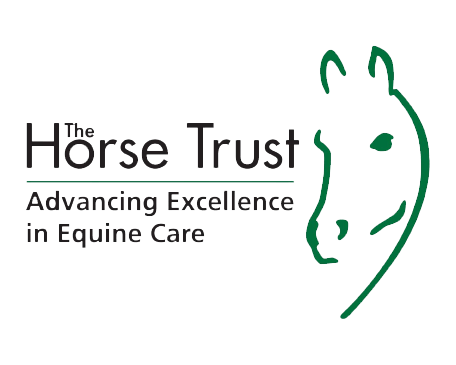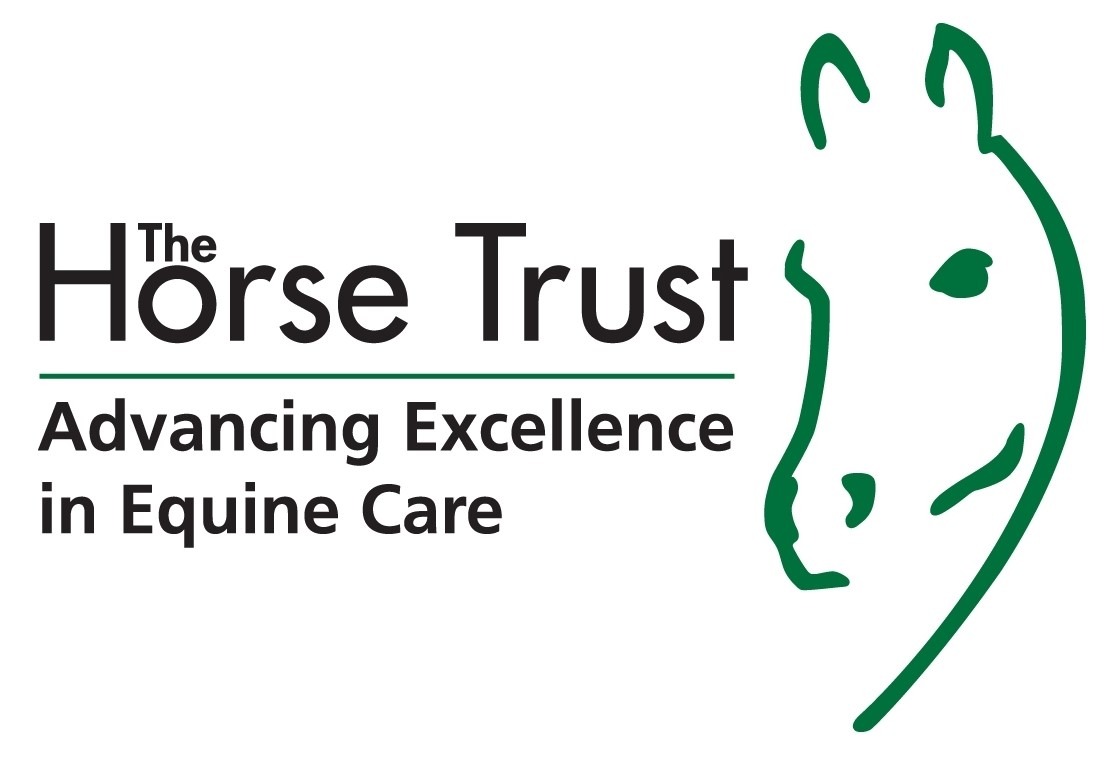The Horse Trust is delighted to announce a successful and heartwarming collaboration with the Society…

Information for Worming Feature
In a recent study, Horse Trust-funded research, led by Professor Jacqui Matthews² of the Moredun Research Institute/University of Edinburgh, found that UK stud farm managers and other horse owners were worming their horses too frequently and unnecessarily³.
“The results of this survey are worrying – people still aren’t taking the issue of drug resistance seriously,” said Matthews. “Resistance to worming drugs is a genuine and growing problem in the UK and I would advise people to take practical steps to avoid it happening in their yard.”
For stable managers who are worried about drug resistance, the main way of testing for this is to carry out a Faecal Egg Count Reduction Test (FECRT). However, Matthews warns that this test is relatively insensitive and can give erroneous results if too few horses are tested. If possible, she recommends that a minimum of 10 horses be tested for a specific drug type – or, in yards where there are fewer horses, that all animals be tested.
“There was a case last summer, where a yard in the south of England had been reported as having ivermectin -resistant redworms. But when we repeated the test with more horses, we found no evidence of drug resistance,” said Matthews. “If you want to do a meaningful Faecal Egg Count Reduction test you need to include as many horses as possible.”
Matthews’ group is currently in the early stages of developing a test to quickly screen for horses infected with drug-resistant small redworms. Currently she and her collaborator, Dr Jane Hodgkinson, at the University of Liverpool are investigating whether particular species of small redworm are associated with drug resistance to drugs such as ivermectin and moxidectin.
“We are currently able to distinguish seven different species of small redworm as egg or larval stages that are found in dung or on pasture. If we find a drug-resistance link with a particular species then we can use this information when designing future control strategies. ”says Matthews.” Any basic knowledge we can glean on small redworms and how they develop drug resistance is invaluable – as they say, to win you need to ‘know your enemy and where equine welfare is concerned, cyathostomins are one of the top enemies”
¹ Molento et al – Anthelmintic resistant nematodes in Brazilian horses (Veterinary Record Issue 162, pg 384 – 385)
² Jacqui Matthews is the Moredun Professor of Immunobiology at the Royal (Dick) School of Veterinary Studies, University of Edinburgh, and The Moredun Research Institute.
³ Worming treatment only needs to be reapplied at the end of the Egg Reappearance Period, but many owners were applying medication more frequently.
1 2















Comments (0)